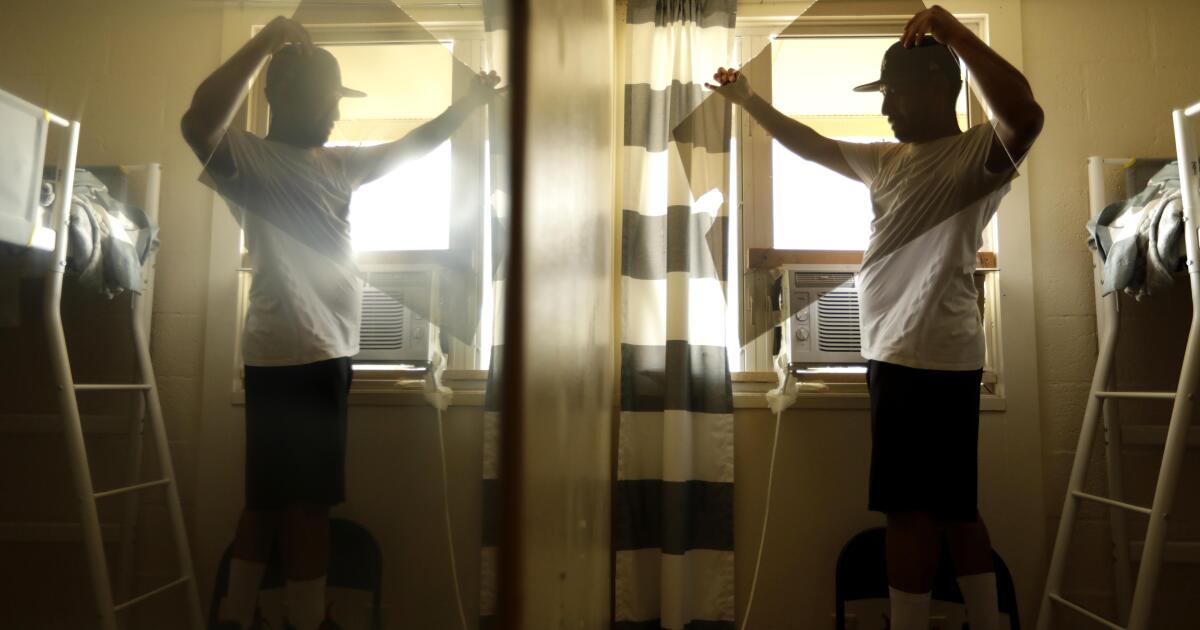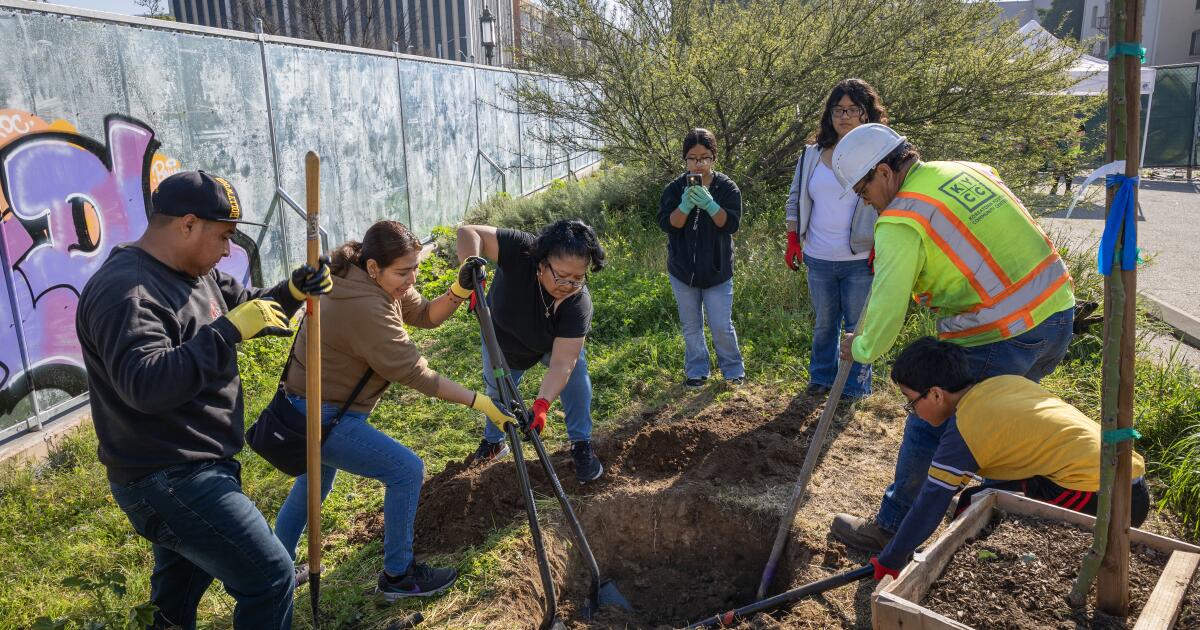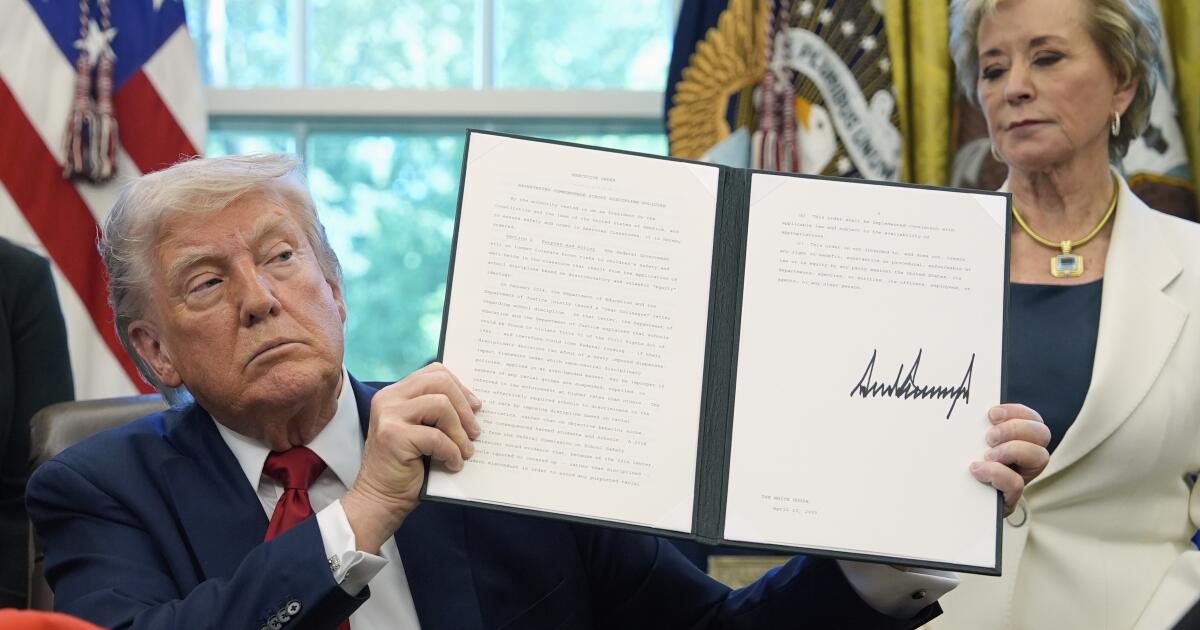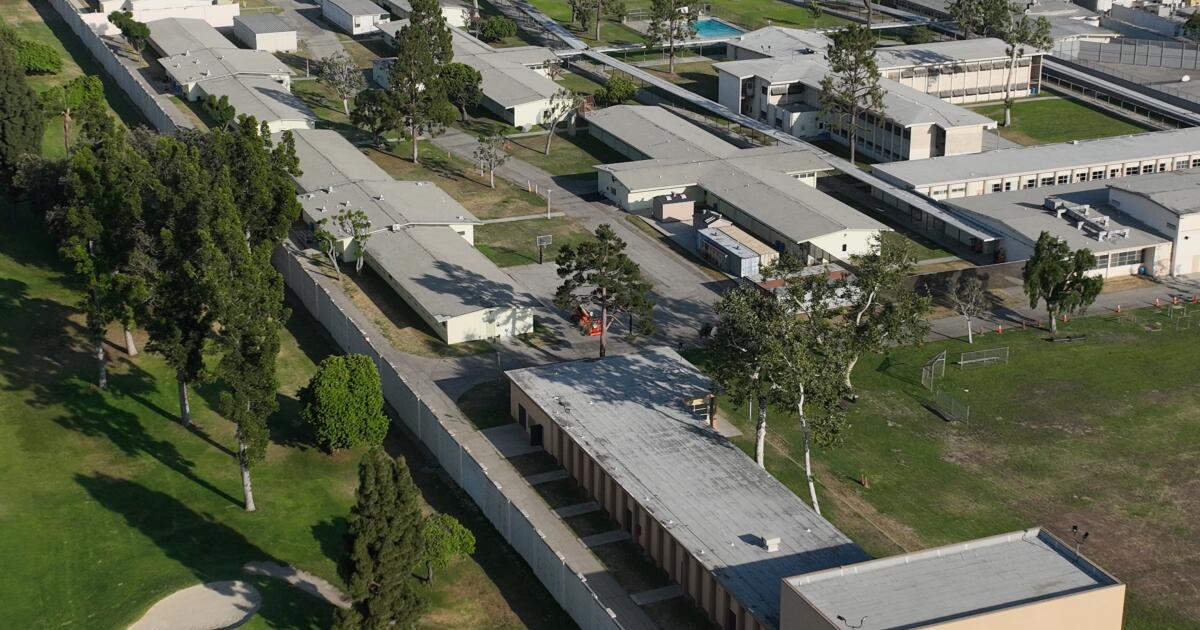The following months of rumorsOn Tuesday the Biden administration released a executive order designed to close the border to people seeking asylum, as well as a rule to implement it. The rule went into effect at 12:01 a.m. ET on Wednesday, marking the administration's most drastic strategy to restrict asylum yet.
With limited exceptions, the rule closes the border to people seeking asylum when crossings exceed a daily average of 2,500 for seven consecutive days, and only reopens it when there has been a sustained decline in arrivals. For more than three years, the crossings have exceeded that threshold every week, meaning restrictions are coming for the foreseeable future.
During these closures, people fleeing persecution are ineligible for asylum and have only a slim chance of accessing two limited forms of protection (withholding of removal and relief from the Convention against Torture) if they can comply with a much higher standard than that required for asylum. But to even have a chance at these forms of relief, asylum seekers will need to proactively express their fear upon arrival and demonstrate the strength of their claims, most likely without the assistance of a lawyer or the opportunity to gather evidence.
Detention and Convention Against Torture protections only prevent the person from being returned to their country of origin. Unlike asylum, they do not lead to possible lawful permanent resident status and then citizenship, and do not allow an individual to bring in a spouse or children who may have been left behind in the country of origin, condemning families to separation. Anyone who seeks protection and is denied it may be subject to a five-year re-entry ban and face possible criminal prosecution if they attempt to return.
Leaving aside the punitive nature of the new rule, if it has the desired effect of temporarily reducing crossings, it is not difficult to imagine the chaos that a swinging asylum gate at the border will cause. An asylum closure will force people to congregate in northern Mexico, where many will be victims of violence. Thousands of people who try to enter when the border is officially closed will be subject to processing and expulsion by immigration authorities, and it is not entirely clear whether the agency has the means to return them all to their countries of origin, or whether The US negotiates with Mexico to accept those expelled.
Biden's executive order was quickly condemned by rights groupshe UN Refugee Agency and progressive legislators who agreed: It's not just a hard turn to the right on immigration. It contravenes both US law and international standards, which prohibit the return of refugees to countries where they face persecution or torture.
The measure is the latest in a series of restrictive policies taken from the pages of Donald Trump and Stephen Miller's immigration books. Playbook. The administration's new rule builds on the same legal authority that underpins the Muslim ban and is reminiscent of Trump's asylum ban that was challenged and shot down by the courts. Civil rights groups, including the ACLUThey have pledged to challenge this policy as well.
President Biden has promoted his executive order is necessary to “restore order” and “gain control” of the border, despite the crossings plummeting In recent months. Your Department of Homeland Security claims that such restrictions will “deter irregular migration” at a time of political backlash against a narrative of chaos at the border.
But time and time again we have seen how crackdowns on asylum only exacerbate chaos and dysfunction at the border, doing nothing to “deter” people fleeing for their lives, or to address the root causes of forced migration. People seeking asylum at the United States border come from countries with widespread human rights violations and high levels of violence, which combined with climate change and economic underdevelopment are strong factors that drive migration. When people see no path to survival at home, draconian restrictions will only force them to seek further dangerous crosses.
On Tuesday Biden fixed that their new rule will simply close the door on those who “choose” not to take advantage of other “legal avenues.” You seem to forget that our refugee laws, passed unanimously by Congress more than 40 years ago, expressly state that anyone who arrives at our border – even if they are not at a port of entry – has the right to request asylum. So the asylum seekers are resorting to legal means.
Biden took office with a promise restore “the soul of our nation” and our country’s “historic role” as a leader in refugee protection. Unfortunately, he has abandoned this principled commitment based on the false belief that his political survival It depends largely on being tough on immigration.
Smart policies and the allocation of adequate resources would allow the United States to fairly accept and process asylum seekers in a timely manner. This would not only be good policy, but good policy. The majority of voters (and the overwhelming majority of the president's base) support a fair and legal asylum system and reject Trump-style exclusionary policies.
A particular irony in the timing here is that Biden announced the executive order just days before the 85th anniversary of the iconic voyage of the St. Louis, a ship that sailed from Germany carrying Jewish refugees fleeing Nazi Germany. They were rejected by both Cuba and the United States; The ship returned to Europe, where about a third of the passengers died. The St. Louis event is often invoked as a pivotal event that led to the creation of our current global refugee protection system. There couldn't be a better time to raise his memory as an example of what can happen when refugees are turned away.
Karen Musalo is a law professor and founding director of the Center for Gender and Refugee Studies at UC Law San Francisco.












